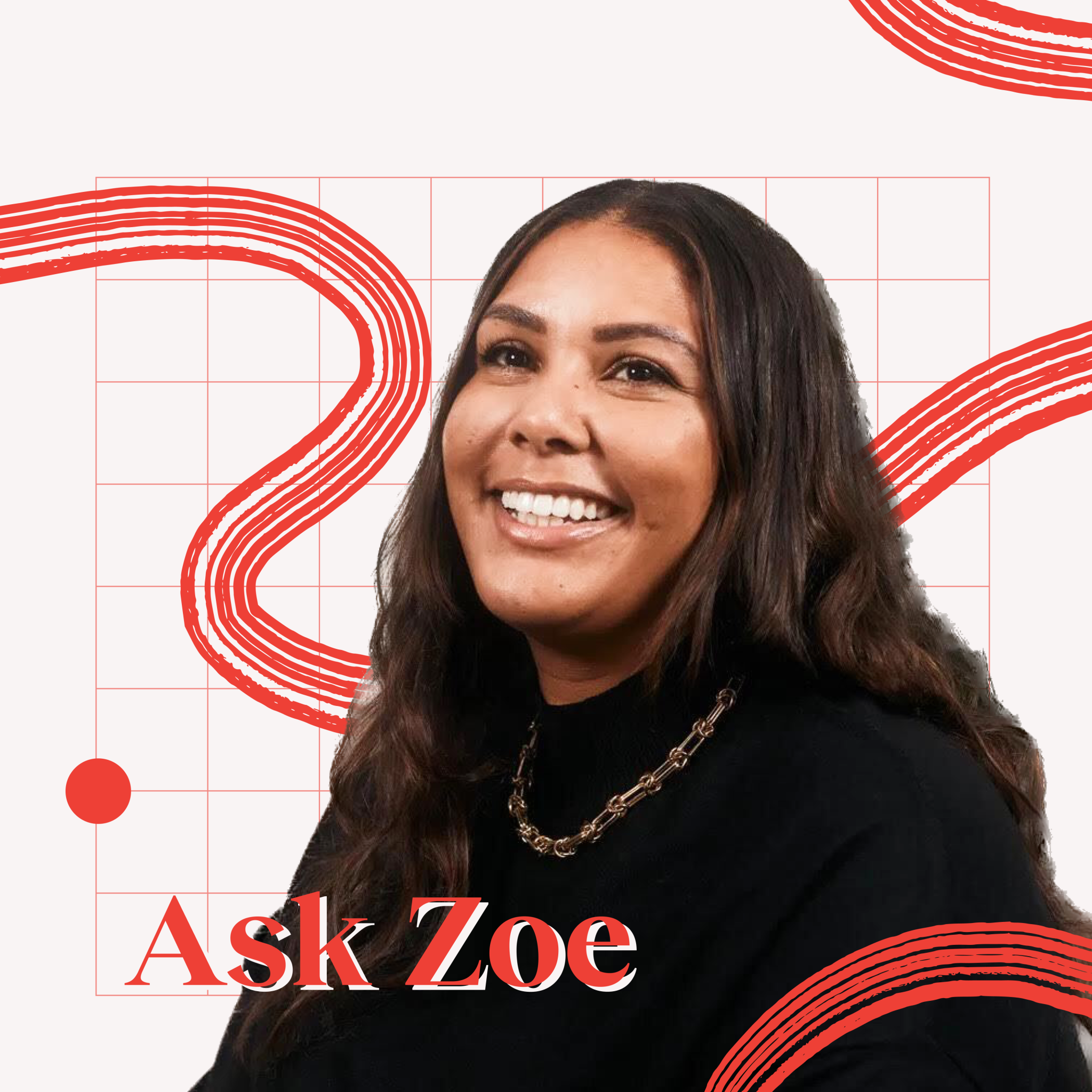Founders and investors have perhaps never been as collectively stressed as they were over one fateful weekend in March last year.
Silicon Valley Bank (SVB) — the first choice for banking and venture lending for swathes of American and European startups and VCs — had just collapsed, and startups were worried they might have lost most of, or in some cases, all of, their money.
“[It was] terrifying and one of the most difficult things I’ve faced as a founder,” founder Tim Chong, whose fintech Yonder had the majority of its cash tied up in the bank, told Sifted at the time.
Disaster was, luckily, averted. The US and UK governments stepped in to facilitate rescue deals. The bank’s clients didn’t lose any money.
But following the crisis a number of other financial institutions smelled opportunity.
One year on, Sifted finds out which have muscled in on SVB’s former fiefdom — and if founders have learnt any lessons.
“Once in a lifetime opportunity”
SVB didn’t disappear completely. In the US, thanks to a federal deal, it was acquired by First Citizens Bank: it kept SVB’s name and ever since has been on a difficult mission to regain consumers’ trust.
In the UK, SVB’s banking and debt lending divisions were bought for £1 by HSBC, and rebranded as HSBC Innovation Banking.
The assets of SVB’s German team, which only offered venture debt, were bought by Bootstrap Europe, a Swiss venture debt lender.
But the crisis had rocked the industry — and other financial institutions looked to snap up shellshocked founders and VCs as customers.
It was a “once in a lifetime opportunity”, says Andrew Kresse, head of EMEA for commercial banking at JPMorgan.
The US banking giant launched banking services and venture lending for fast-growth tech companies in Europe in 2021 and had — fortuitously — just expanded to the UK at the start of 2023. The crisis presented an opportunity to supercharge its growth in Europe.
“The amount of onboarding of clients in the two months after March 7 was greater than what we saw in a year,” says Kresse.
Now, 10-20% of JPMorgan's innovation banking department’s 6,000 global clients are based in Europe. That number was “multiples lower” before the SVB crisis, says Kresse.
The bank also went on a hiring spree between March and June 2023, recruiting 50 people for its innovation division — a third of whom came from SVB.
“JPMorgan wasn’t the only one hiring,” says Kresse. “[We kept hearing] that X bank was hiring and Y bank was hiring.”
While a “handful” of employees left SVB UK after the crisis, the “vast majority” stayed on at the company after it was acquired, says Sonya Iovieno, head of venture and growth at HSBC Innovation Banking — who held the same role at SVB UK.
SVB saw an initial “flight of capital” in March and April last year, she says, but adds that a multinational bank stepping in and taking over reassured the market. She declined to share whether customer numbers or deposits had risen or fallen since the crisis — although HSBC CEO Noel Quinn said during the company’s annual results call last month that the group’s Innovation Banking division had its “best ever quarter for customer onboarding” (including the SVB years) in Q4 2023.
Still, more competition is likely to crop up. “Many banks have understood that it makes sense to be in this niche,” says one early SVB employee, who preferred not to be named. “Many have been developing their own product offering — Santander, Deutsche Bank, Raiffeisenbank, CIBC, Barclays, BNP — everyone is trying to do something there — but these are very early days.”
“Barclays, Monzo, Tide and Revolut all picked up a lot of business customers,” says Saul Klein, founding partner at London-based VC LocalGlobe. “We know this from our portfolio — we know how many leads we sent people 48 hours after.”
Venture debt: a wide open market
On the venture debt side, the collapse of SVB — which was the major venture debt provider in Europe — has made space for other players.
In June, BlackRock, the world’s biggest asset manager, acquired Kreos, a London-based venture debt lender. Other private venture debt funds have also been shouldering in on the market.
In May 2023, UK-based Claret Capital unveiled a new €72m debt fund for follow-on funding, building on its €297m fund launched in 2022. It said at the time that after “a shakeup in the venture debt market… [it’s] seeing more companies looking to move credit facilities and lending opportunities.”
Switzerland’s Bootstrap Europe, which acquired SVB’s German venture debt division, also closed a new €130m venture debt fund in 2023.
“Private venture debt funds could emerge as the biggest winners from this situation,” says the early SVB employee. “As those funds are not subject to the regulatory scrutiny banks are, they typically provide more flexible structures for companies.”
“Some of them were fierce competitors to SVB before the implosion, and over the couple of days of uncertainty last year many of them stepped in with quick and flexible solutions for companies who feared their SVB facilities being at risk,” they add.
The golden words: treasury management
Ask any founder or VC what the SVB crisis taught the startup ecosystem and chances are they’ll say the words “treasury management”.
A third of SVB UK’s customers exclusively banked with the financial institution before March 2023 — making the position they found themselves in that weekend extra precarious.
“The crisis that weekend taught every startup and scaleup that treasury meant something,” says Klein.
“Companies in the startup and scaleup space correctly focus on product, engineering, sales and marketing leadership, but dont always focus as much as they could on finance leadership — it’s an underappreciated skill set,” he adds. “This would’ve been true for their investors too. It was just not something they paid attention to.”
Treasury management is part of the “board agenda”, says Iovieno. “In the past, VC investors on the board normally would’ve focused on the execution plan of capital,” she tells Sifted. Now there’s an “initial conversation” about where a startup will keep that cash.
“It would not have been unusual in the SVB days for companies to come to us at the very last minute having worked for months on raising an equity round to say we need an account in two days,” Iovieno says. “[Now] they're coming to us several weeks before they actually need the account and giving themselves more time.”
Founders are also more wary of putting all their eggs in one basket.
Iovieno tells Sifted that HSBC Innovation Banking’s clients have “largely diversified”. “When a company raises new equity, it would have traditionally put 100% of that with SVB,” she says — whereas now they look at “diversifying that across two or three different institutions”.
Startups bank with multiple partners “much more frequently than they used to,” says Hector Mason, partner at UK VC Episode 1. “We’re seeing lots of companies keeping a few months of spend in one account and the majority of cash balance spread between banks.”
Claudia Rowe, principal at Balderton, says she’s seen her portfolio make similar moves.
There’s also more of a focus on other types of treasury diversification, like storing capital in money markets, says Mason.
That’s been a boon for some companies that provide treasury management solutions — like TreasurySpring. The UK-based startup, which helps companies invest in money markets and other low-risk investment products, closed a $29m Series B three months after the SVB crisis. Across 2023, it doubled the number of VC-backed scaleups and VC funds it works with to more than 100.
Business as usual?
The weekend SVB collapsed was a shock unlike any most founders had experienced — but one year on, funding concerns and go-to-market strategies have taken precedence over treasury management, founders tell Sifted.
“Speaking to other startups, given how tough funding markets are, everyone has been swamped trying to figure out cash runways and shoring up funding,” says healthtech Sanome founder Benedikt von Thüngen. “Treasury seems to have dropped quite far down the list of priorities. It’s overshadowed by the difficulty of the fundraising markets at the moment.”
"It's no longer top of mind for founders,” says Chong. “I haven't heard that many conversations about treasury management in the past six months.”
But some lessons have been learnt. Startups are now more focused on splitting their cash reserves between financial institutions and founders are wary of smaller banks.
“I do think there's a general feeling that it's safer to keep your deposits with a larger "too big to fail" and I think we'll generally see a desire from startups to keep their money in these larger banks vs smaller ones,” Chong adds.
Von Thüngen says he’s seen startups go in a similar direction.“There is a feeling on our end to go with old traditional banks, and I think that’s what people generally have done.”
Competition for startup customers has also died down, says Kresse. “From March to September [last year] it was very heated between banks looking for [startup] customers.” Now fewer banks are looking to onboard clients and less competition from other banks for top talent in the sector, he adds.
One early employee of SVB in Europe says that over the years he’s seen many banks entering and leaving the innovation space. “But no one has done it like SVB, as a longstanding commitment,” he says.
“My biggest hope is that the whole ecosystem can benefit from the fact that this SVB talent is going around the wider market, and that more institutions will be able to support founders in the right way.”


